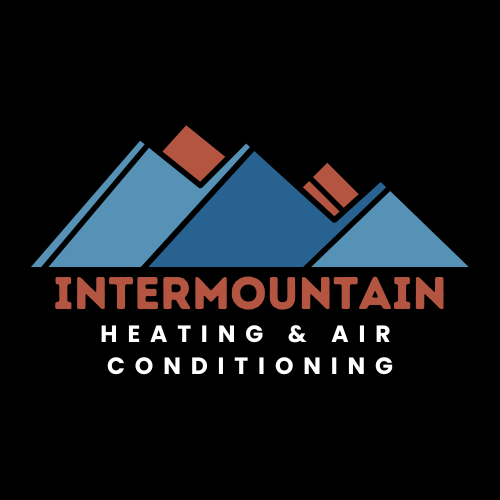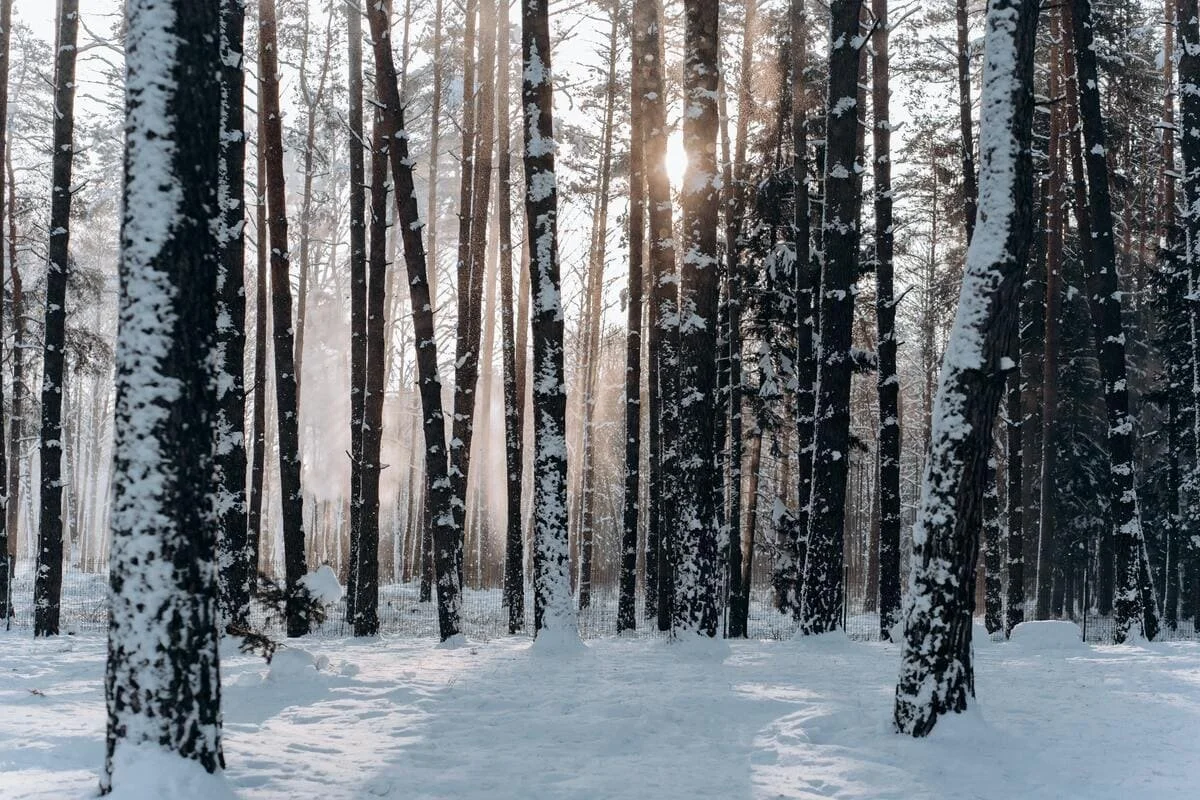Winter Is Coming – Homeowner Hacks to Prepare
It’s hard to imagine that winter is just around the corner. Whether this is your first winter in Twin Falls or your 30th, you must know how bitter the cold can get around these parts. Your HVAC system will be working hard to keep you and your family warm. Thus, it is essential that you give it the proper TLC it needs to succeed.
With that in mind, we have put together this guide to help you prepare your HVAC system for the upcoming winter so it can keep you warm all season long. Rather than looking for an HVAC company near you, you can depend on the professionals at IMHVAC.
Here are some tips for how you can prepare your heating and cooling system this winter.
1. Always schedule a preventive maintenance appointment
Have you been ignoring your HVAC maintenance? That needs to be your first step. Call up your nearest local HVAC professionals and schedule an inspection. The biggest mistake you can make is waiting for something to go wrong, as then repairs can cost more than a replacement!
During your appointment, an HVAC specialist will check your system for any concerns that might cause a problem in the future. They can also guarantee everything is clean and in working order while offering you some insights as to how the system might be influencing your energy bills and feelings of comfort in your home.
That will offer a blueprint for future maintenance to ensure your system works well for years and can help prevent expensive heating repairs.
2. Install a programmable thermostat
The globe’s most advanced and fanciest HVAC system will be only as great as the thermostat controlling it. Have you ever tried to use an older thermostat? Then you’ll know just how inaccurate and fiddly it can be.
You can give your HVAC system a much-needed efficiency boost by upgrading to a programmable thermostat. You can precisely choose your temperature, set a schedule for when you will be home or away, and even control it remotely from your phone’s app.
That indicates you don’t need to think about turning the heat off when you leave on your major winter vacation—a couple of taps on your phone, and you are good to go.
3. Make sure your home is properly insulated
Insulation is not JUST the cotton candy stuff you see lining on your walls’ inside. It’s also your main line of defense against the elements. So you must ensure your attic is insulated in the time leading up to winter.
Not only will insulation guarantee that cold air stays out in winter, but it will also keep the hot air out in the summer. If you’re unsure whether your home is well insulated, you can schedule an energy audit to understand better where you need to bolster your defenses.
4. Consider a replacement
This might be where you come screaming to a halt. Honestly, we know system replacements are a costly proposition. But the anticipated lifespan of an HVAC system is approximately ten years, after which it will start to struggle to run. That means higher monthly energy bills and expensive maintenance costs.
Therefore, if your HVAC system starts turning into a moody teenager, consider replacing it with a newer unit.
Fortunately, with innovations in HVAC technology and a commitment to enhancing sustainability and efficiency, an upgraded unit could save you money in the end. Especially right now when new regulations are being introduced governing the sale of more efficient but expensive systems from next year. Ask IMHVAC about our payment plan options that can make it a less overpowering process for you and your entire family.
5. Change your air filters
No matter if you decide to have an HVAC specialist do this when they do their inspection or do it on your own, it is essential that you do not overlook your air filters.
Depending on your manufacturer’s recommendations, air filters should be cleaned or replaced every three to six months. A dirty air filter can not only worsen indoor air quality, especially when a filter is clogged up. It can also put undue strain on your HVAC system, increasing the risk of a costly breakdown.
To get the best air quality possible, select a HEPA air filter to catch tiny particles and allergens, making breathing more difficult.
6. Prepare the pipes
Are you not currently using a drip leg or drain pan on your outdoor unit? It is time you put it in place before the first hard freeze hits to stop the damage from water and ice buildup. Check all your outdoor and indoor faucets for drips and seal leaks using a proper caulk like polyurethane or silicone.
If you know you’ll be away when the cold weather hits, it will help if you shut off the water supply to all the plumbing fixtures such as tubs, toilets, and sinks—particularly sprinkler systems. This can help stop the pipes from freezing, leading to leaks and broken pipes.
7. Check for drafts
Look along your home's bathroom, kitchen, and other exterior walls for any potential openings around switches or electrical outlets. You can also look at attic access points like louvered roof vents and soffit vents, which may not be fitted with winter covers before the winter season comes.
Make sure you insulate those areas and add weatherstripping where needed.
8. Winterize your outdoor AC unit
Do you have an outdoor HVAC unit? Consider covering it with a winter cover when it is not used so the elements cannot get in. That will stop leaves, dirt, ice, and snow from building around the unit, causing it to break down or malfunction.
Get Professional HVAC Help Today!
With how cold it gets in Twin Falls during the winter, you need to guarantee your HVAC system is prepared to handle it. Fortunately, you don’t need to go it alone. Call Intermountain Heating & Air Conditioning to schedule your appointment, and let us deal with it for you.


